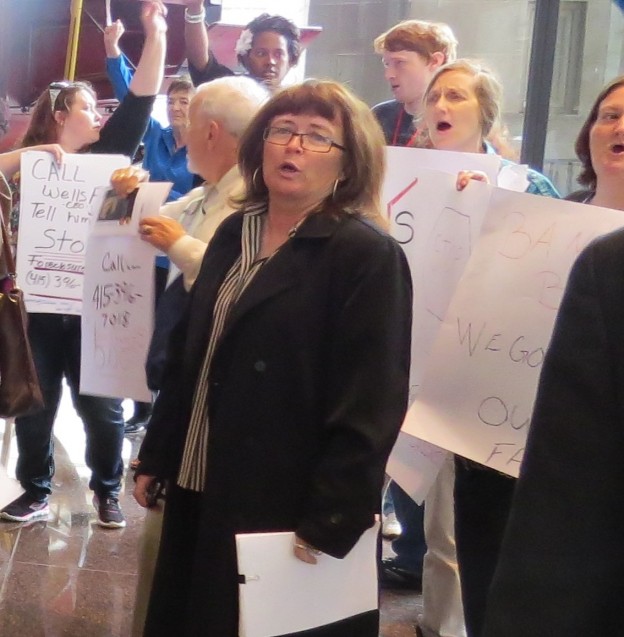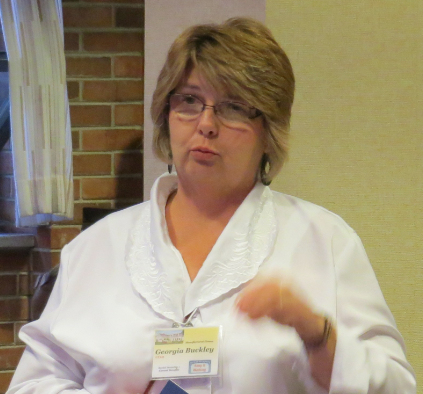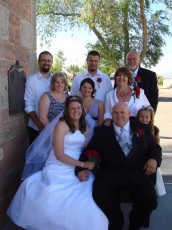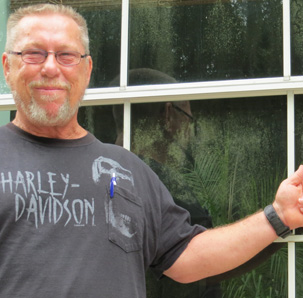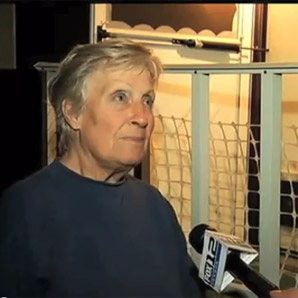Pam’s Story: Living on Tenuous Grounds
Pam Durdey, The Winds North, Sarasota, Florida
I had a rewarding career in the accounting field. As I was nearing time for retirement, I visited friends who spent winters at The Winds North in Sarasota. I became impressed with the lifestyle and the wonderful sense of community the homeowners built together. In 1997, I bought a home. I loved it so much, I decided to stay and purchase a new home in 2009. I enjoy the feeling that I am living in a good, safe place. I enjoy playing cards, swimming in the community pool and leading the Windy Warblers, a singing group which entertains in care facilities.
At the time of my purchase of the new home, there were negotiations between the HOA and management involving rent issues. I was glad to hear an agreement was finally reached to return some overpayments that had been made regarding monthly rent. However, I was incensed and disillusioned with management’s sense of caring about their customers when I was told that since I was now a “new” tenant in my new home. I was perplexed why I did not qualify for any refund. I was shocked at how arbitrarily they operate as a business.
I feel like the constant and arbitrary rent increases have left my monthly budget on tenuous grounds. I have a pension, but it does not increase at nearly the pace ground rent does for my manufactured home. In fact, since I moved into The Winds North, my rent has increased at twice the rate as my pension.
I take one day and one year at a time. I am feeling overwhelmed by the increasing number of negatives of living in a ground rent community that is owned by an out of state corporation. I feel like I am dealing with a seemingly uncaring, huge corporate owner whose only mission is to bilk homeowners out of their hard earned savings by raising rents considerably each year while, at the same time, neglecting needed community maintenance and infrastructure issues. Corporate giants should not win out simply due to greed.
What I’ve learned over time is it’s homeowners like myself that make this a “community”. It is due time our communities come together and push for fair treatment for our families.
